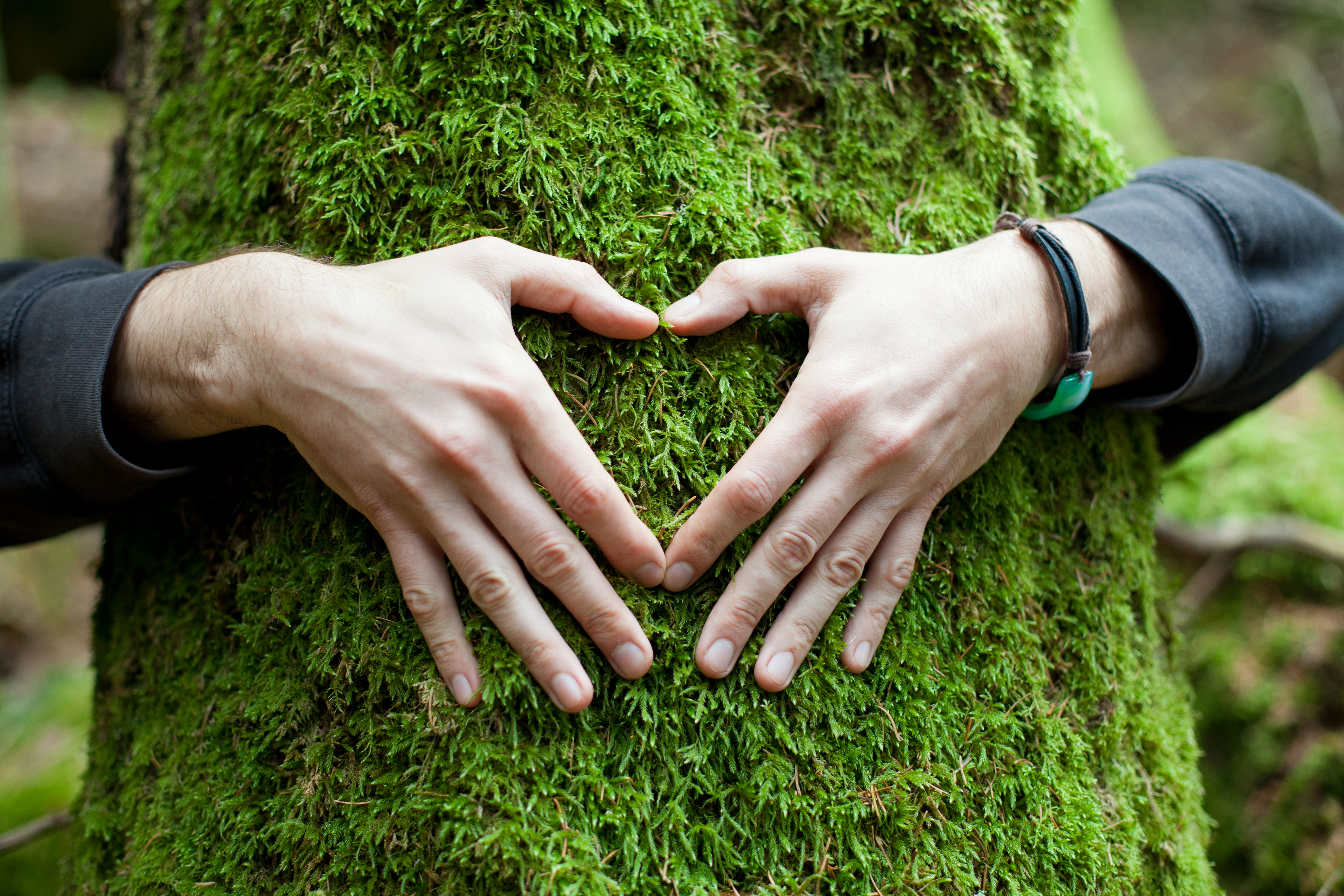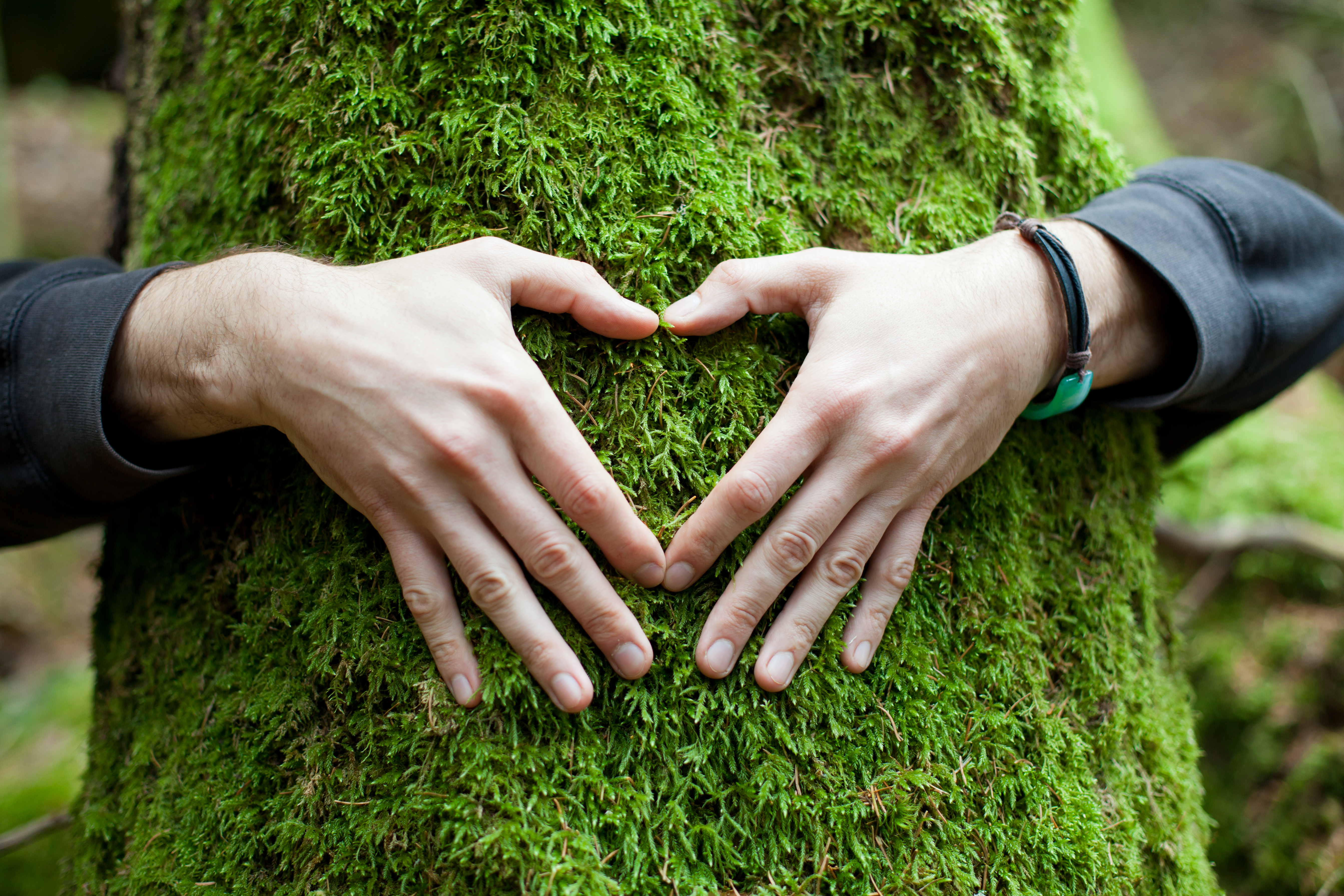
ShutterstockWho could ever hate this disembodied pair of nature-lovin’ arms?
For a long time I’ve been suggesting (as have scores of others) that environmentalists — or activists in general — aren’t necessarily their own best spokespeople; better to partner with doctors, local businesspeople, teachers, concerned parents, etc.
The problem? Environmentalism has been successfully cast as a fringe concern, not the basic, universal right of every man, woman, and child to have safe and healthy air, water, food, land, sea, and natural places — not to mention economies based on security and sustainability not corporate profit and destruction.
But before I get too openly indignant about all this, thus giving myself away as a card-carrying greenie (whoops — too late?), here’s more evidence that the environmentalist identity is not always compelling to those outside the choir.
A research team led by University of Toronto psychologist Nadia Bashir found, in several different studies of Americans, that participants held strongly negative stereotypes about environmentalists (and feminists too). The most frequently mentioned traits describing “typical environmentalists” included “treehugger” and “hippie.”
The researchers conclude that this caricaturing of activists actually hampers progress even among audiences who generally agree with their goals. As they describe it, the image problem plays “a key role in creating resistance to social change.”
Writing in the European Journal of Social Psychology, Bashir and her colleagues describe three pilot studies that found essentially the same things: 1) Americans described both environmentalists and feminists in “overwhelmingly negative” terms, consistently defaulting to negative stereotypes. 2) Actions considered “extreme” were a turn off; in particular, participants didn’t want to “hang out” with the types of activists who would stage protest rallies, but could see themselves being friends with those who use “nonabrasive and mainstream methods” such as raising money or organizing social events. 3) The messengers mattered: “Participants were less motivated to adopt pro-environmental behaviors when these behaviors were advocated by the ‘typical’ environmentalist, rather than by the ‘atypical’ environmentalist or the undefined target.”
So, unfortunately, being pegged as an environmentalist can weaken the broad appeal of your message. It’s a shame because majorities probably agree with your values.
It doesn’t mean we should all go into hiding. But even executive directors of environmental organizations can chip away at negative stereotypes by playing up other parts of their identity. Saying you’re motivated as a parent or grandparent, for example, can go a long way.
Plus, while I’m not aware of any research on this, my hunch is that it’s the unlikely activists, regular, everyday citizens who stand up for what they believe in, who are more likely to get attention (the good kind), to be respected rather than reviled, and to be cast as heroes by the media, even when they undertake stereotypical environmentalist actions like chaining themselves to fracking equipment. Think: Cindy Sheehan and Erin Brockovich and John Beal.
The Salon headline reads “Everyone Hates Environmentalists and Feminists.” But it’s not so dire. There are plenty of stereotype-defying messengers out there who care deeply and represent mainstream America. Plus, activists are people too — they just need to remind everyone that more often!



